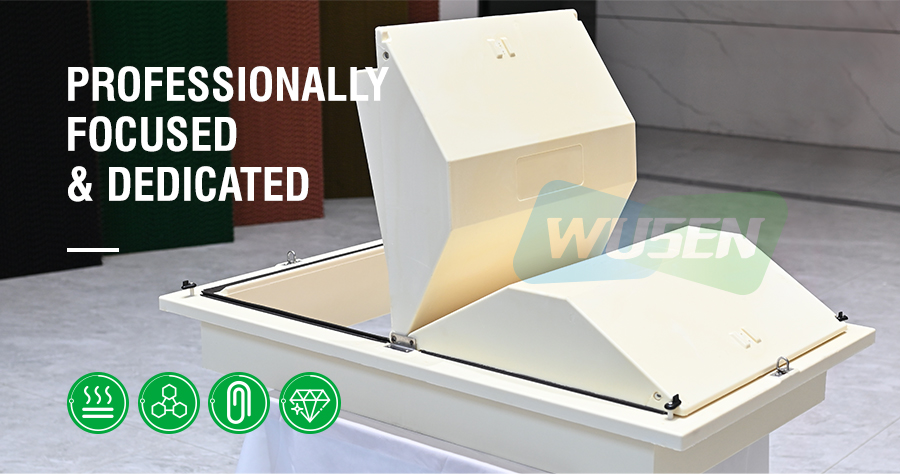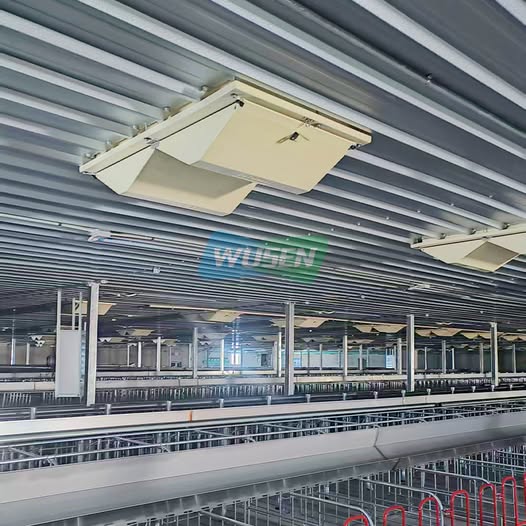The Key to Farm Environment Control: Polyurethane Insulated Windows

I. What are polyurethane insulated windows?
Polyurethane insulated windows are functional windows designed specifically for livestock farms (such as pig farms and chicken farms). Their core feature is the use of polyurethane foam insulation material within the window frame and sash, creating an effective “thermal bridge barrier.” These windows are typically combined with double-layer insulating glass or polystyrene panels to create a system with excellent thermal insulation properties.
II. Why do farms need them? Key Benefits
1. Thermal Insulation
Energy Saving and Consumption Reduction: Polyurethane is one of the most effective thermal insulation materials known. Its extremely low thermal conductivity effectively prevents heat transfer between the inside and outside of the farm. They reduce heat loss in winter and block high temperatures in summer, significantly reducing heating and cooling energy costs. This is especially crucial for nurseries housing young animals (such as piglets and chicks).
Maintaining a stable environment: Animals are very sensitive to temperature fluctuations. Insulated windows help maintain a relatively stable temperature inside the house, reducing stress responses, thereby improving feed conversion and promoting healthy animal growth.
2. Durable and corrosion-resistant: Breeding houses are humid and contain high concentrations of corrosive gases such as ammonia and hydrogen sulfide. Polyurethane insulated windows often undergo special surface treatments (such as coating or using UV-resistant materials) to provide excellent corrosion and aging resistance, extending their service life significantly beyond that of ordinary windows.
The window structure is sturdy and can withstand certain impacts, ensuring safety and reliability.
3. Excellent sealing: High-quality design and manufacturing ensure that the windows are airtight when closed. This not only prevents the intrusion of drafts (a deadly threat to young animals), but also effectively blocks the entry of mosquitoes and dust, reducing the risk of disease transmission and improving air quality inside the house.
4. Ease of Design and Automated Control
Insulated windows in modern farms are often linked to automatic ventilation systems. They can be equipped with electric opening devices that automatically open and close based on commands from temperature sensors or environmental controllers within the barn, achieving precise environmental control and reducing manual intervention.
5. Easy Cleaning and Disinfection
The smooth surface, without dead corners or complex structures, facilitates cleaning and disinfection, meeting the strict biosafety requirements of farms.

